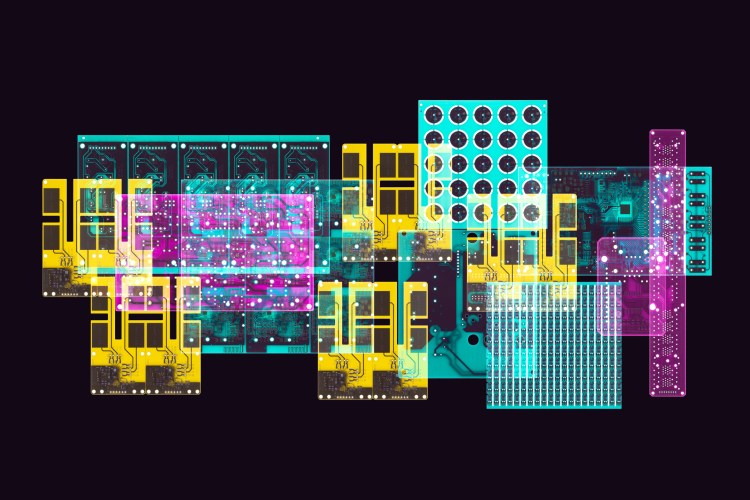Presented by Intel
AI has arrived: Nearly two-thirds of global companies have active machine learning efforts. From chatbots to video analysis and inference learning, AI permeates our personal and business lives. Yet the fast-growing diversity means that when it comes to AI hardware, one size no longer fits all.
As workloads become more complex, and data variety and volume explode, multiple chip architectures become a strategic key to AI success. In some cases, specialized neural network chips will be the right choice. Others may find it makes more sense to start with a versatile new general-purpose CPU, then migrate to a specialized chip like an ASIC or FPGA. In every case, successful organizations must create cost-efficient, capable, scalable, silicon infrastructures that can provide a solid silicon foundation for AI, from data center to edge.
To understand the importance of adopting a flexible, modern, portfolio approach to AI, access key insights here.
Sponsored articles are content produced by a company that is either paying for the post or has a business relationship with VentureBeat, and they’re always clearly marked. Content produced by our editorial team is never influenced by advertisers or sponsors in any way. For more information, contact sales@venturebeat.com.

